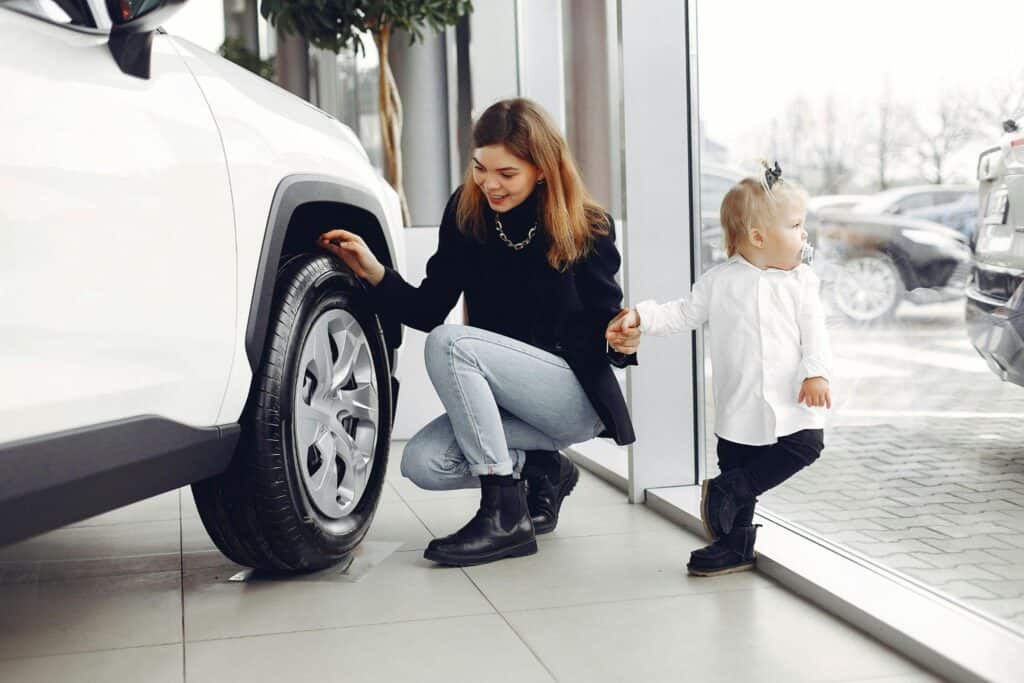Finding the perfect vehicle to cater to your needs and preferences may be challenging with all your options. However, you can make the process more seamless if you take note of specific considerations. This article outlines the steps to help you find the perfect vehicle, ensuring you enjoy a smooth ride.
Table of Contents
Research Models and Brands
One of the primary things you need to do to find the perfect car for your needs is to research different models and brands. When you explore online, you will likely find a Subaru Forester for sale in Brisbane at a reasonable price if this vehicle brand interests you. Different Toyota models are also models suitable for city driving or growing lies in Japan. You can also look into various city cars, SUV family cars, luxury cars, and legendary performance models online. When you research online, you will get comprehensive information about different makes and models and their benefits and drawbacks. You can also compare them and access relevant customer reviews and ratings to help you make a better choice.
Alternatively, you can also visit a dealership to foster your research efforts. When you visit a dealership, you can talk to vehicle experts who can guide you in making the right choice. From there, you can ask questions to better understand your options. You will also be able to interact with the vehicles and sit in the driver’s seat to get a feel of the car you are interested in. Visiting a dealership also fosters visual inspection, allowing you to get close to the car you are eyeing. From there, you will see the advantages of one car model over the other, guiding your choice of vehicle.
Set a Budget
Another thing you need to do to find the perfect car for your needs is to set a budget. In this case, you need to assess your finances to know how much you can comfortably spend on buying a car. This should encompass your income sources and your total expenses. From there, set an amount that you can allocate for vehicle purchases. However, you have to remember that the cost of owning a car includes not only the purchase price but many other expenses, such as insurance, fuel, and maintenance. All of these can add up, so you must consider these fees when setting a budget for a new car.
From there, research typical vehicle costs so you know how much to save or prepare to acquire the car you are interested in. If you find that the vehicle you have your eye on is out of your target budget, finding another car within your price range will be better. It is also a good idea if you have ample money saved up to make a hefty downpayment for a car. This way, the payments will be more manageable if you consider financing options for the balance. If you don’t have a significant amount of downpayment saved, you must be prepared for larger monthly payment fees to repay your car loan.
Know Your Needs
When purchasing a car, you should also know your needs. This means encompassing factors such as your lifestyle and how you intend to use the vehicle. For instance, are you preparing for the arrival of a new baby? Or perhaps you have a growing family. In this case, an SUV would be a good idea to cater to your needs.
On the other hand, if you only need a vehicle to drive you to work, you would likely be satisfied with a sedan meant for city roads. Nevertheless, some people intend to get off-road vehicles to foster their passion for exploring the outdoors. This is where pick-up trucks and jeeps prove to be suitable. When you know your needs, you will be better positioned to make the right vehicle purchase.
Decide Between Used or New
Deciding between getting a new car or a used vehicle is another thing you must consider when purchasing a vehicle. In this case, you have to know that each of these options has its benefits and drawbacks, so you have to weigh them carefully. For example, buying a used vehicle means paying less upfront than you would if you were to purchase a new car. However, you need to consider that the maintenance costs of a used vehicle may be more significant since it may already be prone to wear and tear. You should also inspect a used vehicle with a mechanic to ensure it is still roadworthy. On the other hand, buying a new car may be more expensive, but you may only need to keep up with its regular maintenance. Newer vehicle models may also be more fuel efficient, saving you on gas costs.
Test Drive
Test driving is essential when purchasing a vehicle to give you an idea of what you can expect from a car you are interested in. During the test drive, note the car’s acceleration and power, as well as its steering. You need to pay attention to how the engine responds to throttle inputs and note how the vehicle responds to steering inputs. It is also a good idea to pay attention to the car’s braking performance, ensuring that it stops when you need it to halt smoothly. You should also be comfortable driving the vehicle. Before you finalize the deal, ensure that you read the terms and agreement of the dealership contract. If you are amenable, pay for the car, sign the deal, and you are good to go.

Finding the perfect vehicle to suit your needs and preferences may be overwhelming, but following the steps outlined in this post can make the process more bearable. Research different models and brands, but remember to set a budget you are comfortable spending for a car and stick to it. It would also help to consider your needs and the benefits and drawbacks of getting a new or a used car before you test drive and finalize the deal. All these steps will ensure you get the perfect vehicle for you and your family.
